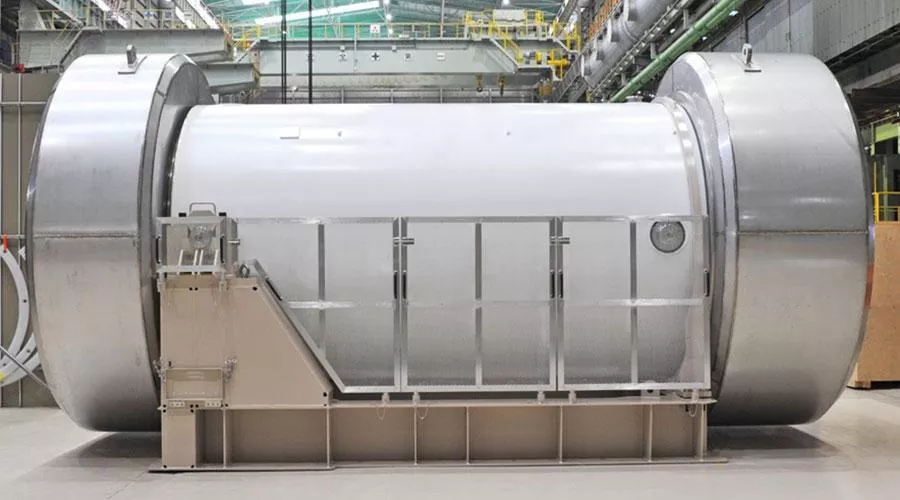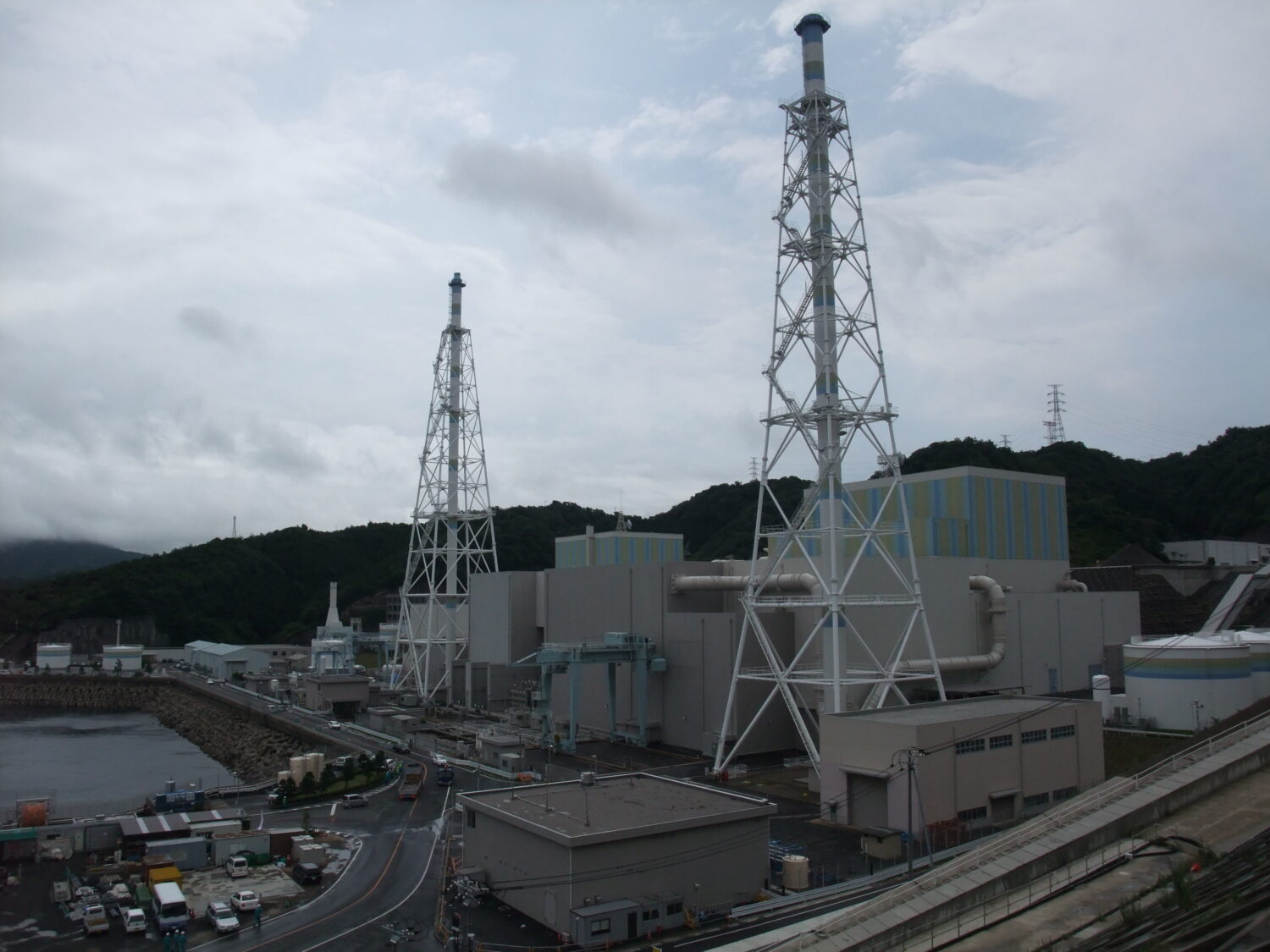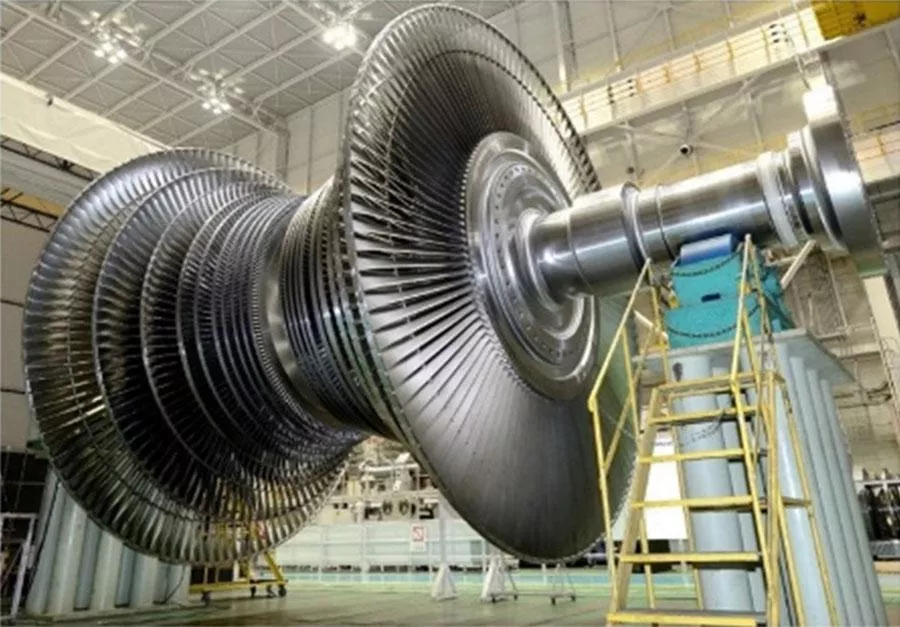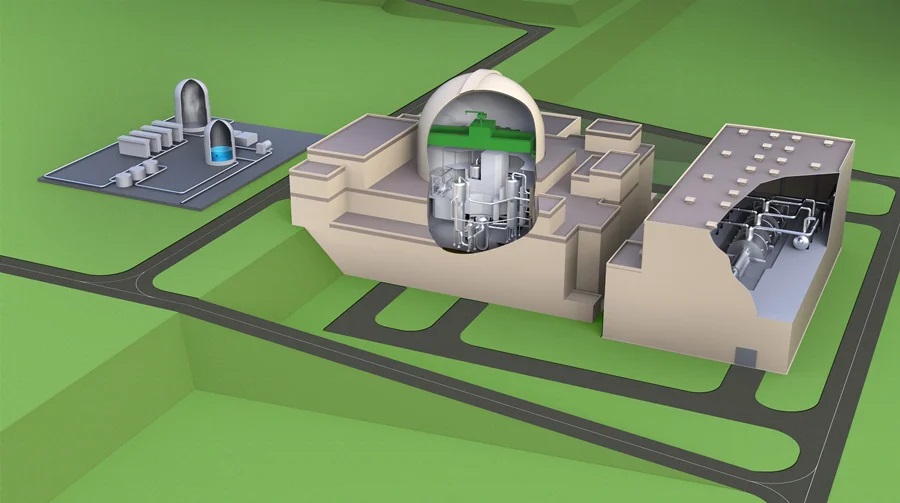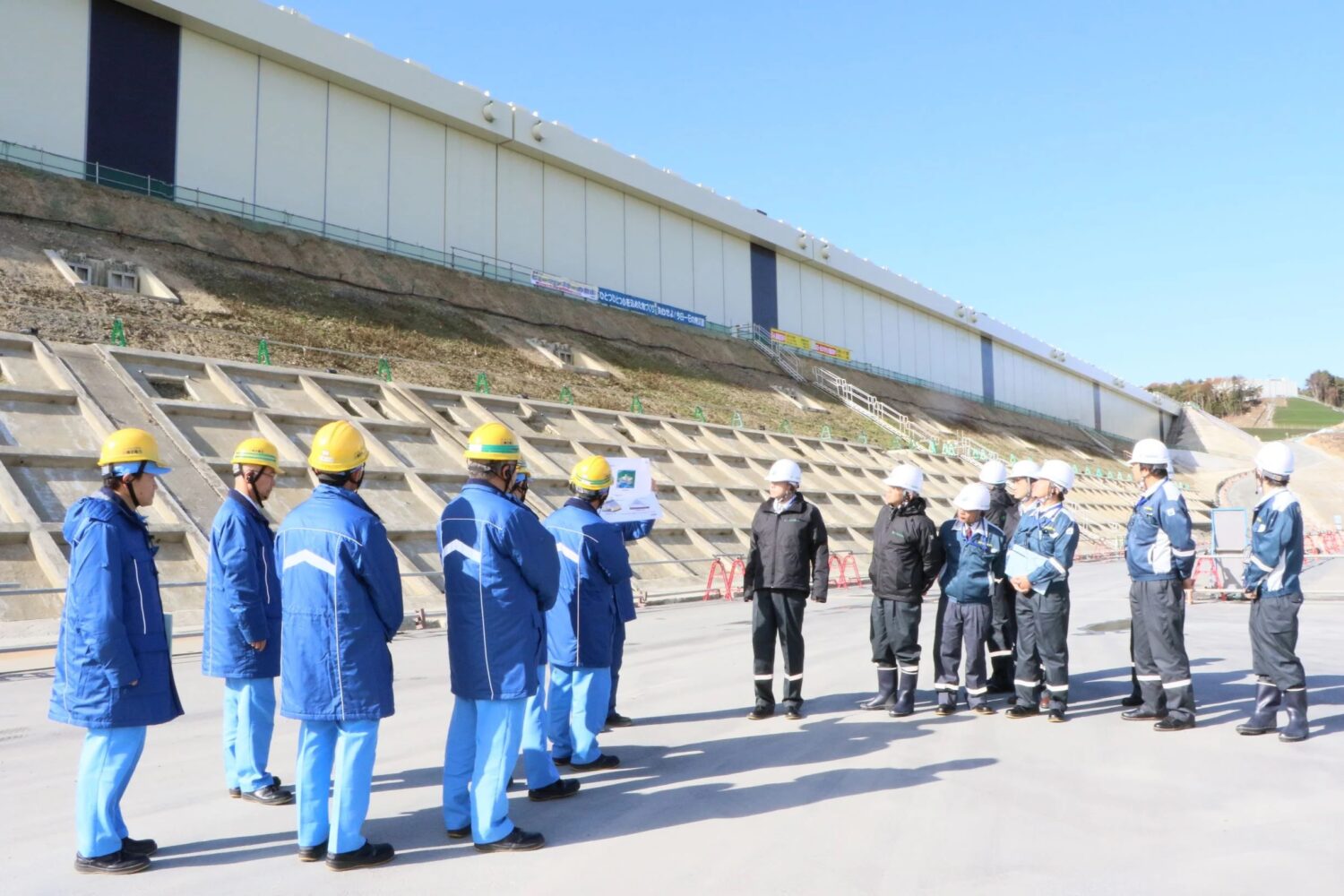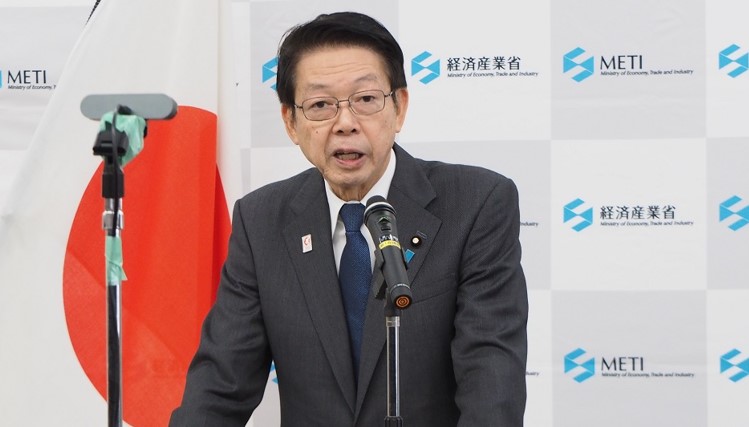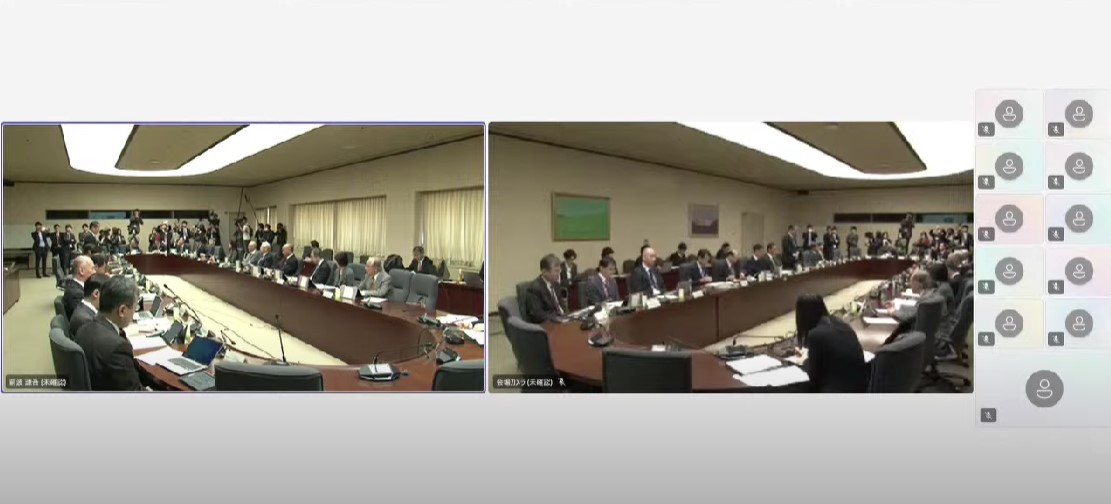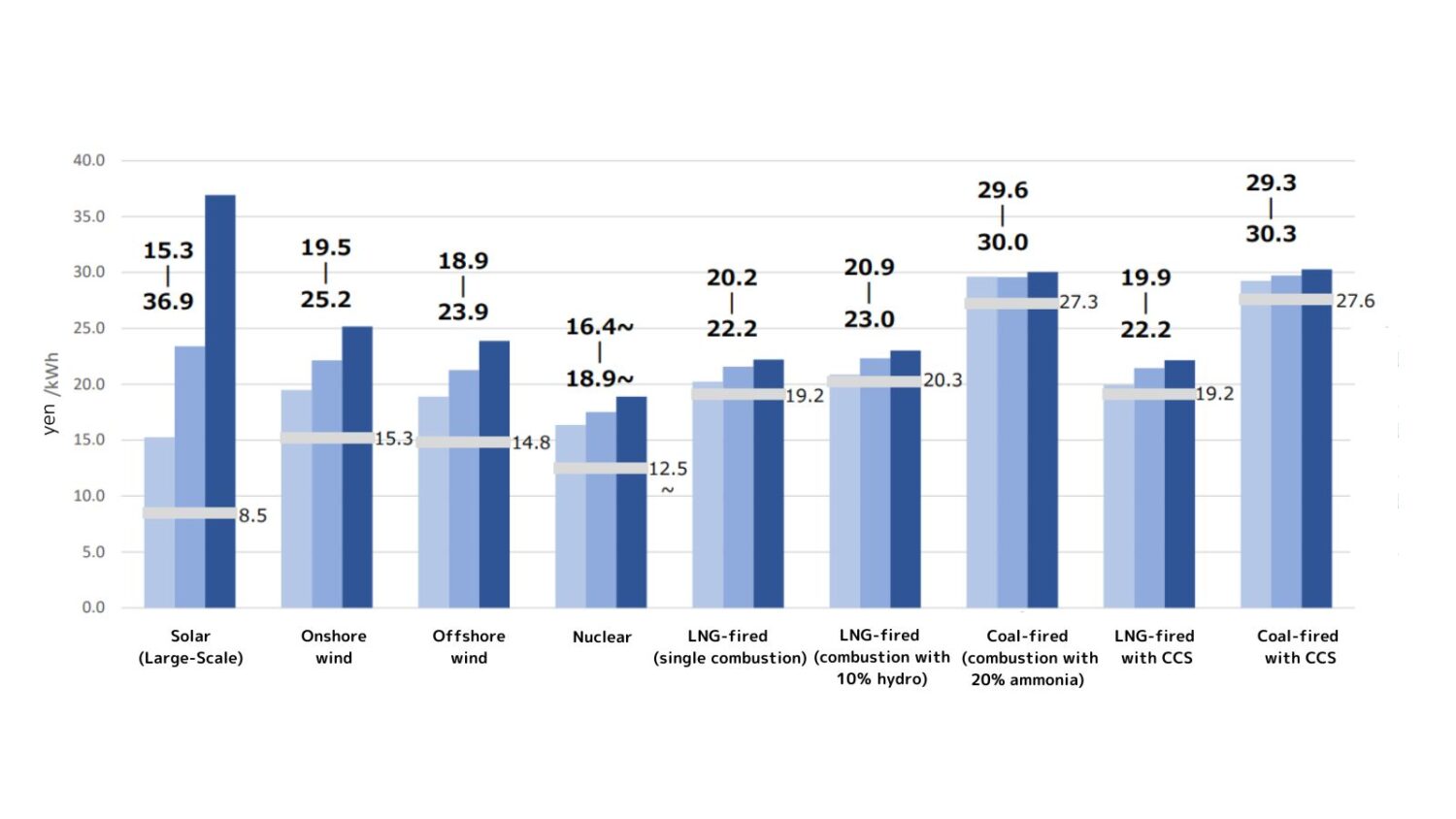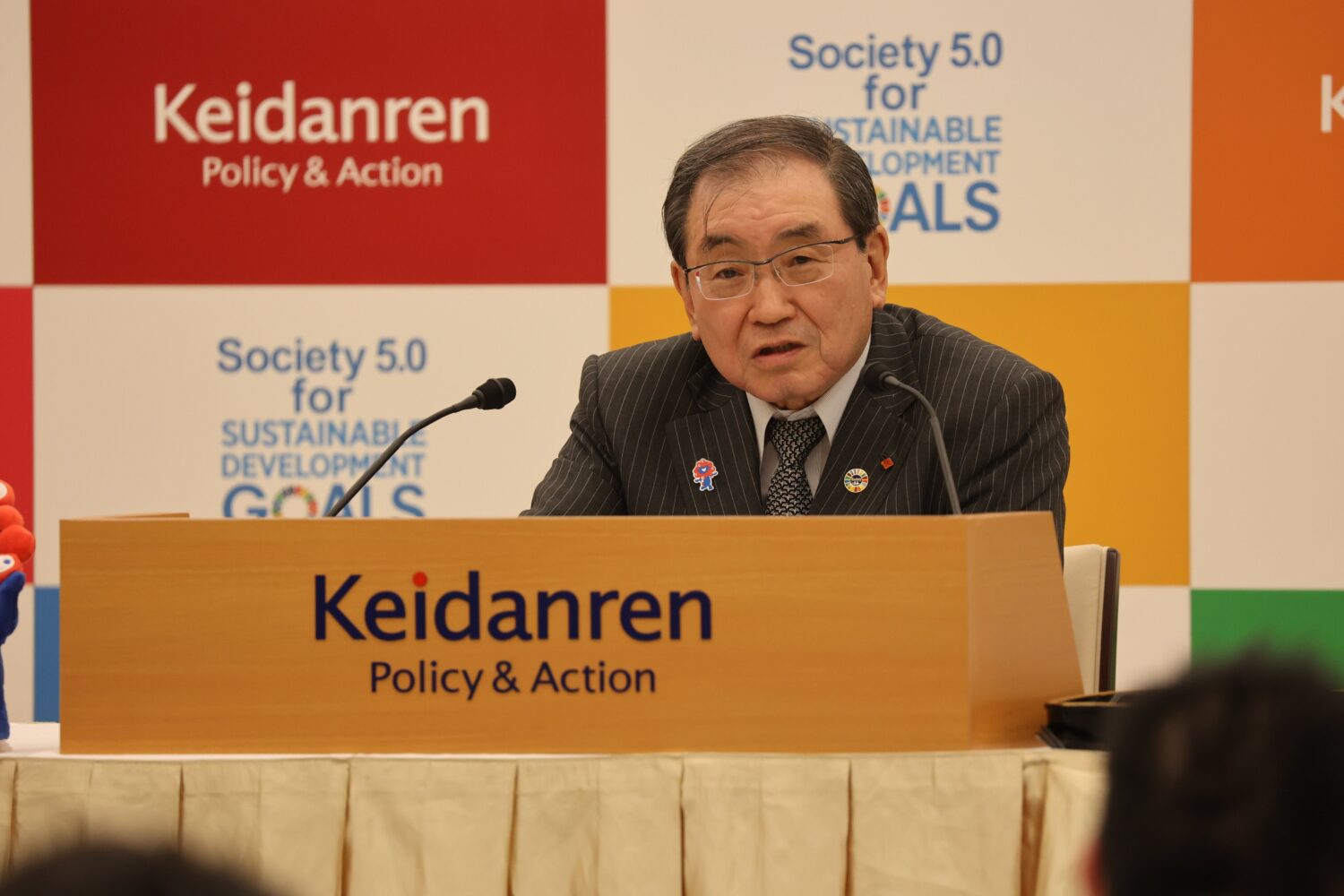The plan reiterates the objectives of adhering to promotion of the nuclear fuel cycle based on the government’s Strategic Energy Plan, as well as carrying R&D on fast reactors, aimed at developing world-class reactors. Further aims are to commercialize and establish them as the international standard, while achieving high levels of safety and economy at the same time.
Four principles were also noted as shared among the parties involved in promoting the development of fast reactors, as follows: using domestic assets, obtaining cutting-edge knowledge and information globally, pursuing cost efficiency, and establishing a system of responsibility.
From now on, working groups will be created under the conference to commence activities as early as the beginning of 2017, and the conference will issue a “strategic roadmap” sometime in 2018.
At an earlier meeting on October 27, the Agency for Natural Resources & Energy (ANRE), under the Ministry of Economy, Trade and Industry (METI), roughly identified major objectives, steps and implementing bodies for each category of fast reactor development, namely experimental, prototype, demonstration and commercial.
According to the draft revealed at the November 30 meeting, development work is to be specified for the coming decade in the most important demonstration stage, and basic design concepts and development systems are to be firmed up for plants in and after the demonstration stage.
The policy on fast reactor development will include technological issues specific to fast reactors and the use of international networks for their resolution. At the November 30 meeting, representatives of Mitsubishi Heavy Industries (MHI) and the U.S. Department of Energy (U.S.DOE) made presentations, with both indicating the possibility of cooperation in the use of 3-D design technology to imagine fast reactor plants at the commercialization stage as well as cooperation at the experimental reactor Joyo, among other things.
Regarding discussions at the meeting, Hirokazu Matsuno, head of Japan’s Ministry of Education, Culture, Sports, Science and Technology (MEXT), said that the outcome to be obtained by operating the fast breeder reactor (FBR) Monju could be obtained from Joyo and overseas plants. At the same time, he also stressed the importance of using Japan’s existing technological foundation, based on his talks with Governor Issei Nishikawa of Fukui Prefecture on November 25.
Meanwhile, METI Minister Hiroshige Seko expressed his intention to look for possibilities for cooperation with various countries. He also reiterated the need to ensure public trust in the development process, with initiatives to be taken by the private sector, in light of the experience with Monju so far.


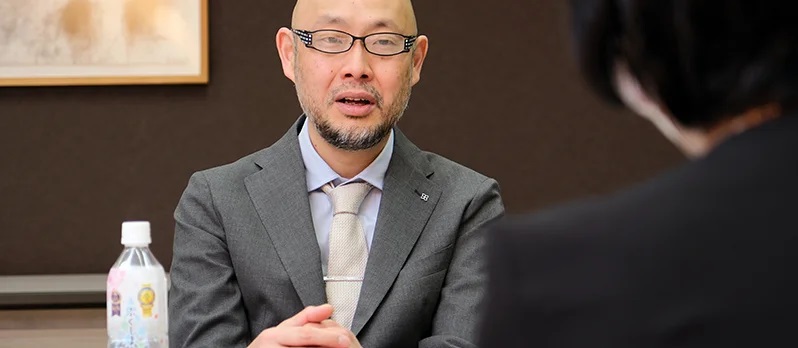
-1.png)

